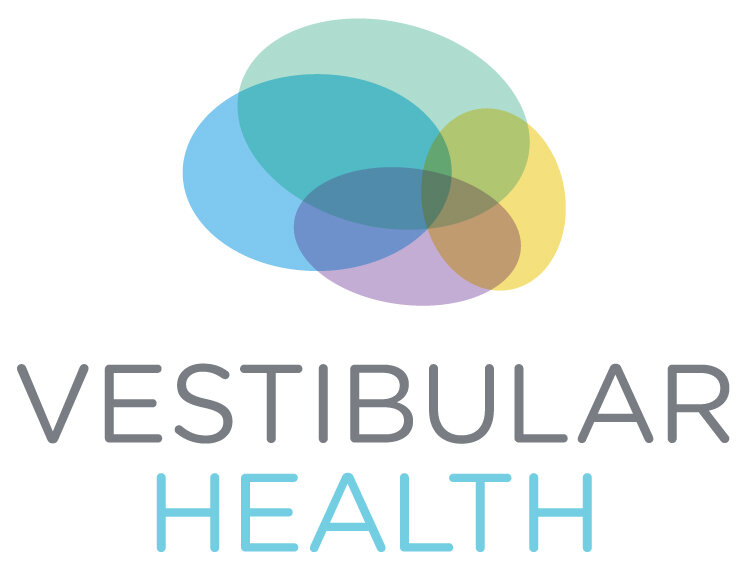
Will vestibular rehab help me?
Do you experience dizziness, vertigo, balance problems, or falls? Find out if vestibular rehabilitation physiotherapy can help you! Learn what vestibular rehab is, how it works, and whether it could help your symptoms. Our expert physiotherapists are here to help at our Toronto clinics or online through virtual care.

In the news: Finding help for chronic vertigo
Many people with vertigo have a hard time finding help. Dr. John Rutka spoke with CBC Radio about the challenges people face getting a diagnosis and effective care for vestibular symptoms.
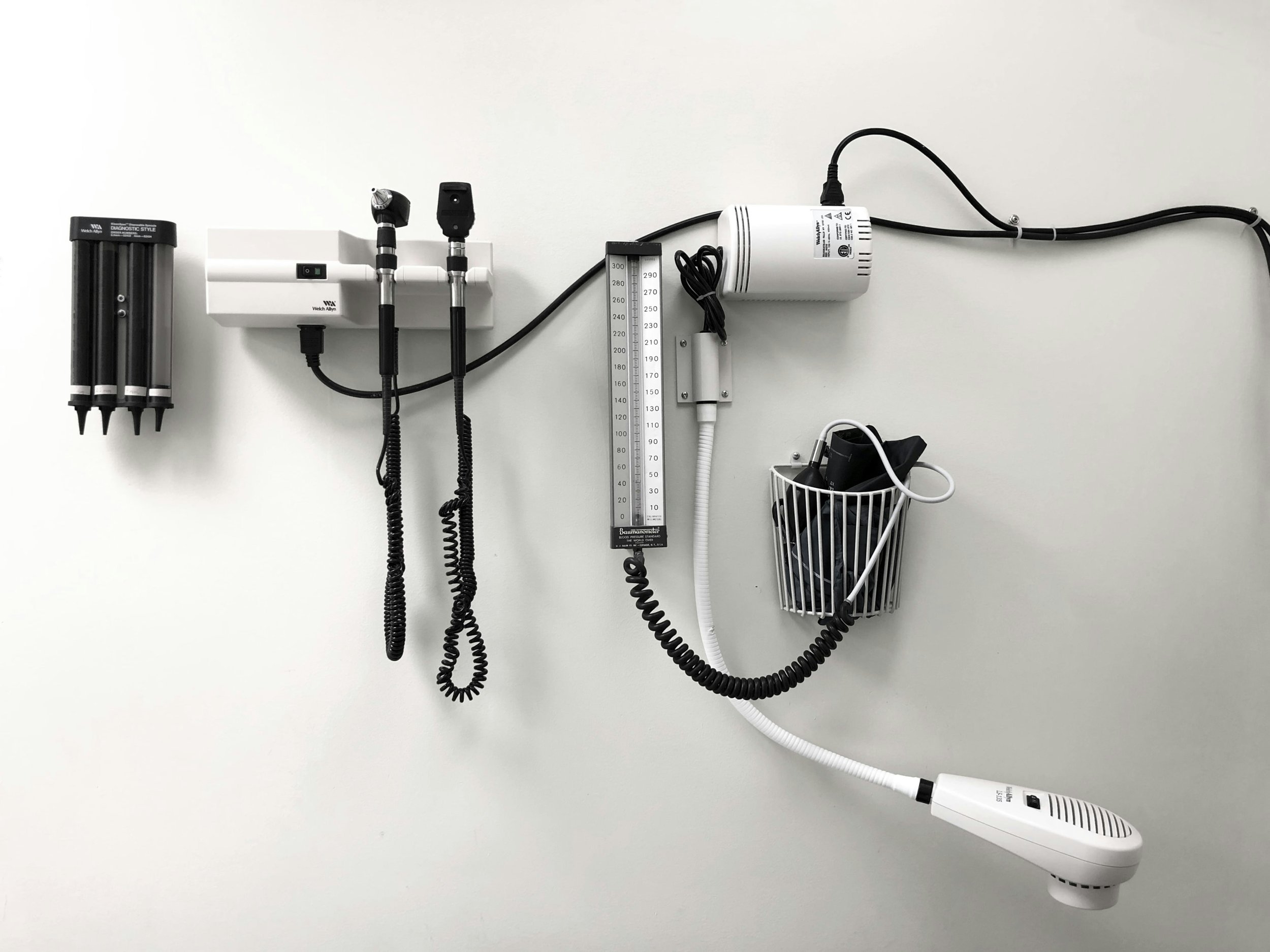
In the news: Why Canadians need more help for dizziness
Many people who experience problems with dizziness, imbalance, or vertigo have trouble getting a diagnosis and difficulty accessing specialists. Our team spoke with CBC Radio about the challenges people face getting comprehensive evaluation and effective treatment for vestibular symptoms.

Improving dizziness & balance with acoustic neuroma
Our team presented a poster at the Acoustic Neuroma Association symposium on physiotherapy outcomes for patients with acoustic neuroma/vestibular schwannoma seen in our clinic. Vestibular rehabilitation can help improve symptoms of dizziness, imbalance, and blurry or bouncing vision across all stages of acoustic neuroma treatment options.

Post-concussion dizziness & vestibular rehabilitation
Vestibular symptoms like dizziness, vertigo, imbalance, and visual dependence are common after concussion. Watch Shaleen Sulway’s presentation for the Canadian Concussion Centre on the role of vestibular physiotherapy in evaluating and treating vestibular symptoms after mTBI.
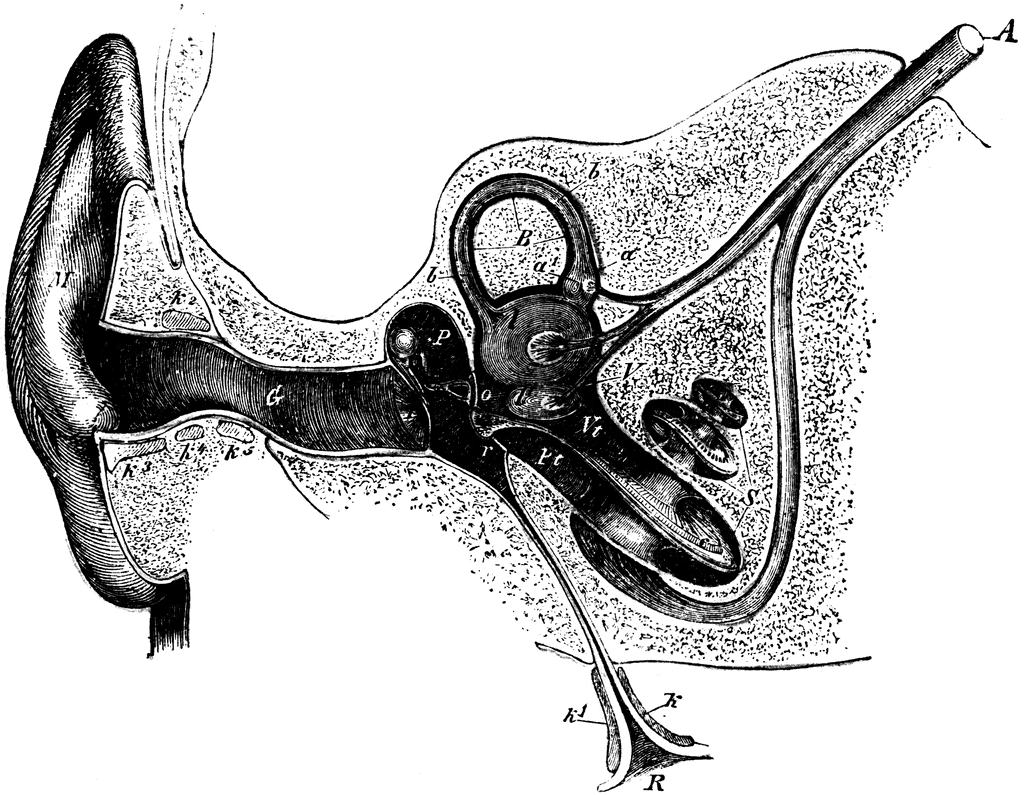
Vestibular neuritis
Vestibular neuritis is a common cause of vertigo, and vestibular rehab is an effective treatment to improve symptoms and quality of life. Learn about the symptoms of vestibular neuritis, how this condition is treated, and what to expect in your recovery.
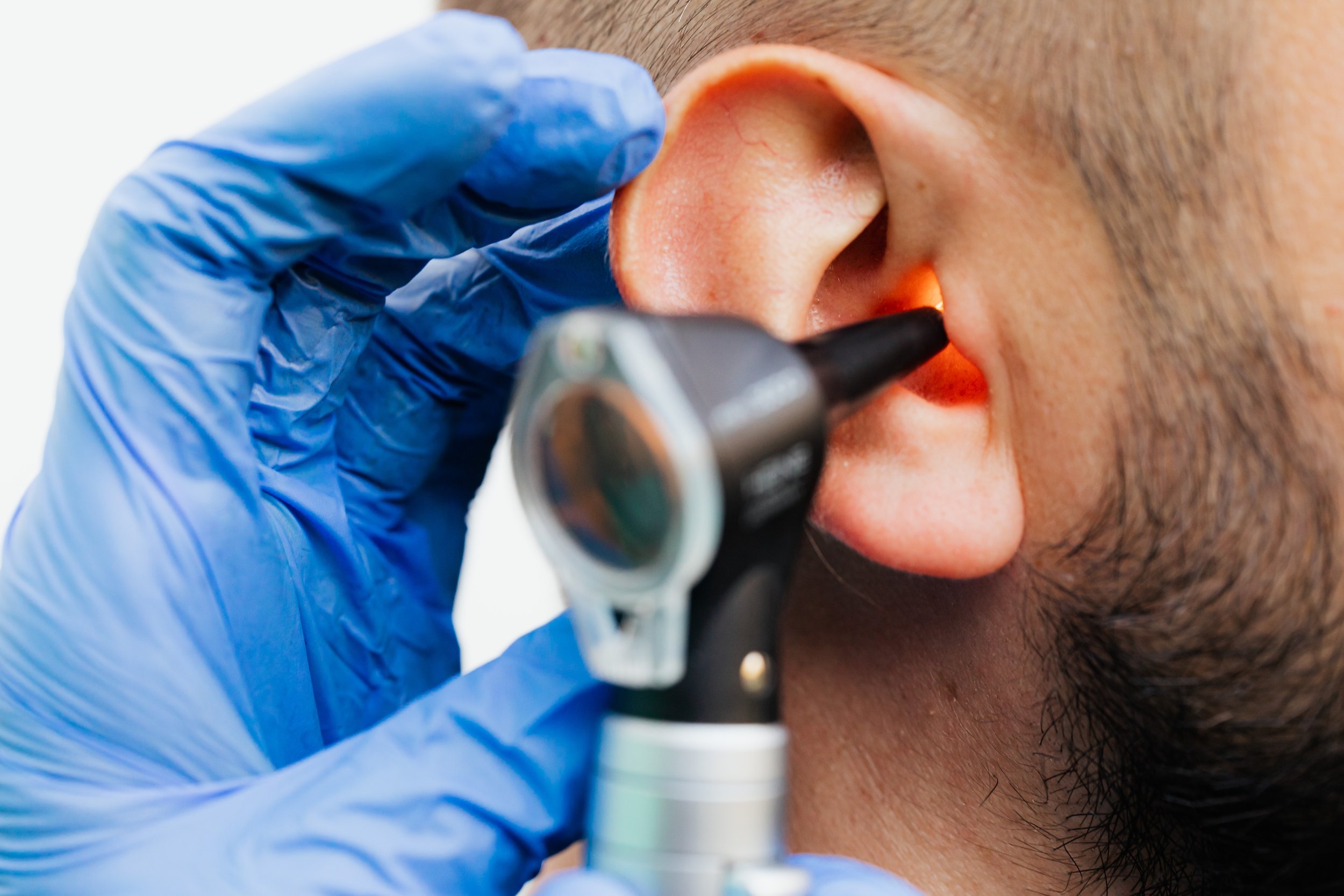
Diagnostic tests for vestibular disorders
Your doctor may recommend tests of your inner ear function to help confirm what is causing your dizziness, vertigo, or balance problems. Learn more about common tests used to diagnose vestibular disorders.

Vertigo after head injury: Post-traumatic BPPV
Vertigo after head injury or concussion/mTBI is most often caused by BPPV. This condition is very effectively treated with physiotherapy. Symptoms last less than a minute and are triggered by lying down, rolling in bed, looking up, or bending over. BPPV can also cause balance problems, motion sensitivity, nausea, and anxiety. Learn about post-traumatic BPPV and how vestibular rehab can help.

Vertigo, vestibular loss, and visual motion sensitivity after concussion
Vertigo, visual motion sensitivity, and imbalance are common symptoms after mild traumatic brain injury. Watch Shaleen Sulway’s presentation for the Canadian Concussion Centre on the role of vestibular physiotherapy in the treatment of vestibular symptoms after concussion.
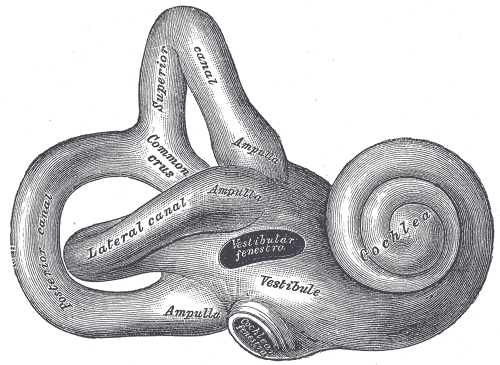
Rare vestibular conditions
Dizziness, vertigo, and balance problems are relatively common, but there are some uncommon vestibular disorders that can cause these symptoms. Learn more about rare vestibular conditions and the role of vestibular rehab.
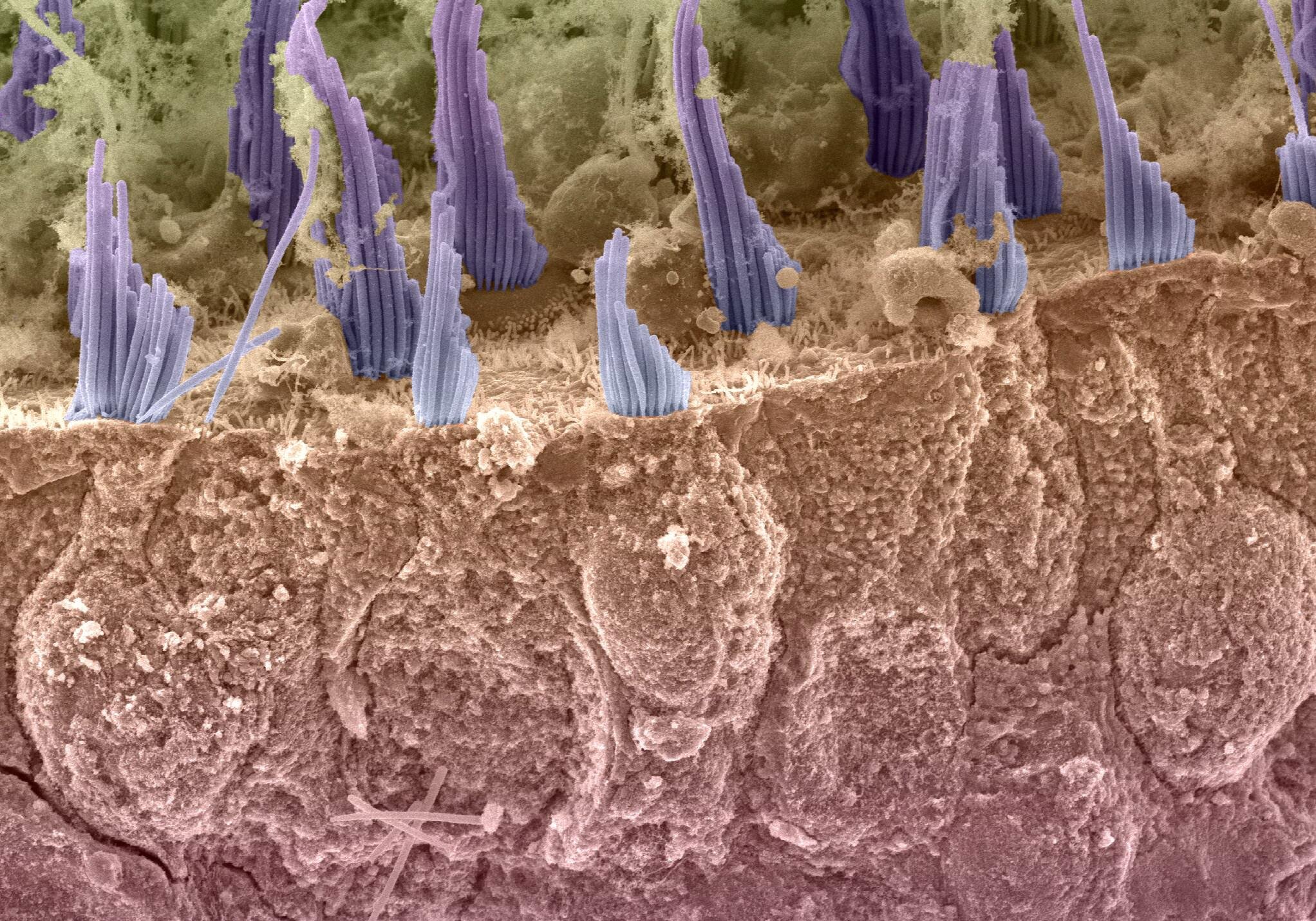
What are the otoliths?
The otoliths are the part of our inner ear that sense linear movements and gravity. Problems in the utricle and saccule can cause vestibular symptoms like rocking, swaying, dropping, or feeling pushed or pulled. Learn more about otolithic dysfunction and how vestibular rehab could help.
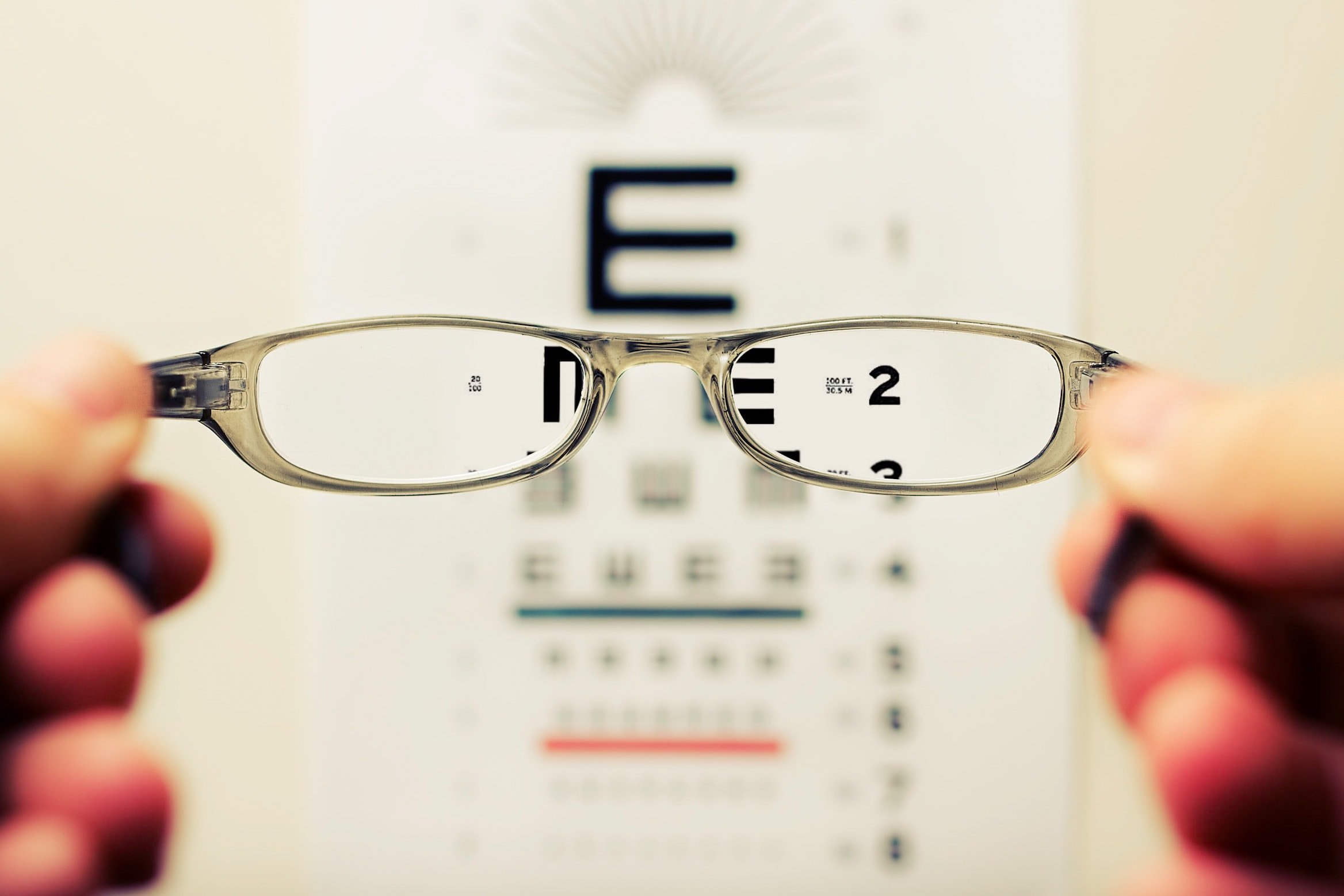
What is the vestibuloocular reflex?
The vestibulo-ocular reflex is how our ears, eyes, and brain work together to keep our vision stable while we move. Learn about how your VOR works, how vestibular disorders cause visual symptoms, how we evaluate your VOR, and vestibular rehab treatment for VOR loss.
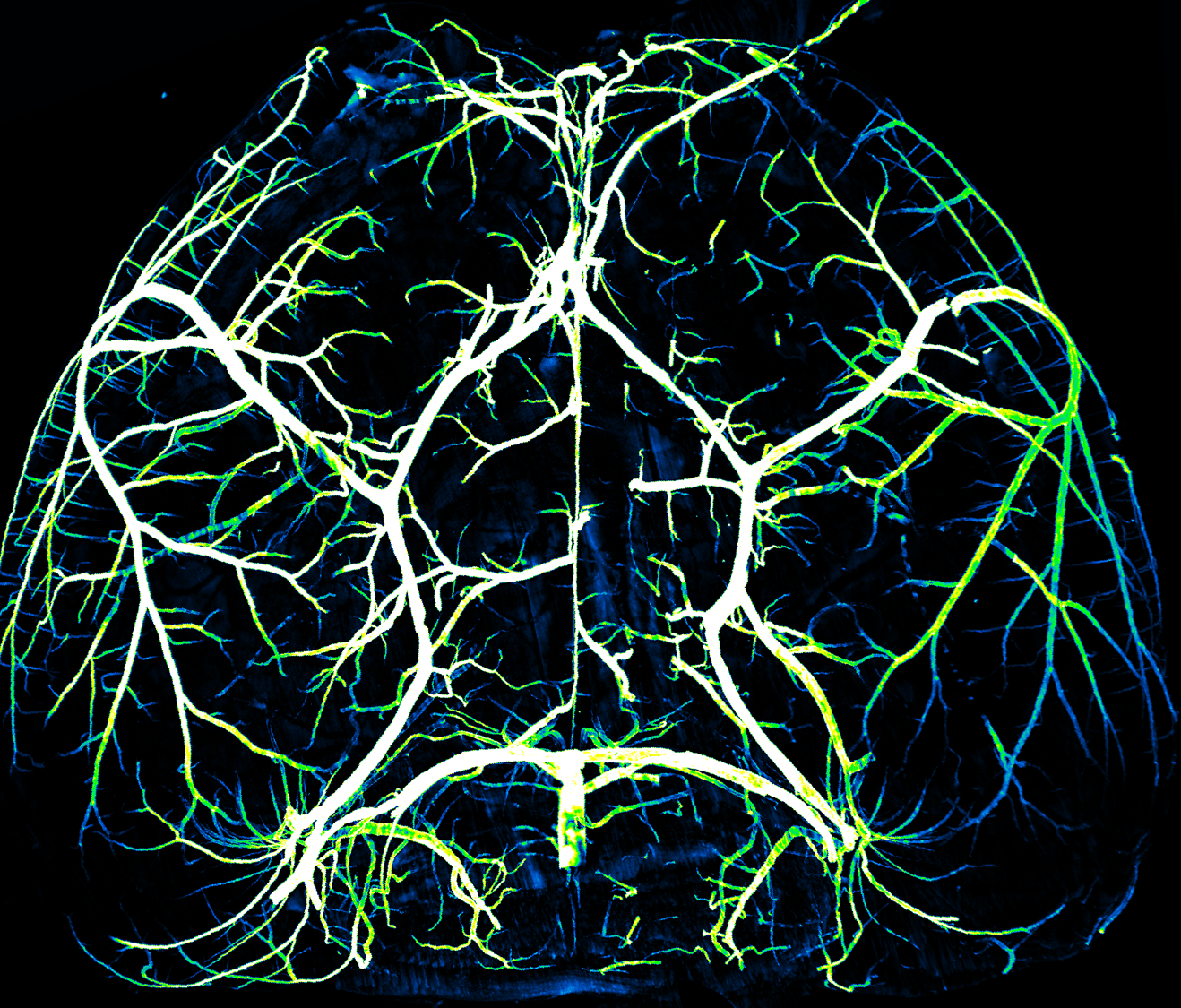
Vertigo, dizziness, imbalance & vestibular rehab after stroke
Dizziness, vertigo, and balance problems are common symptoms after cerebellar stroke. Watch Elizabeth Crawford’s presentation for the Central South Regional Stroke Network on the role of vestibular physiotherapy in rehabilitation after posterior circulation stroke.
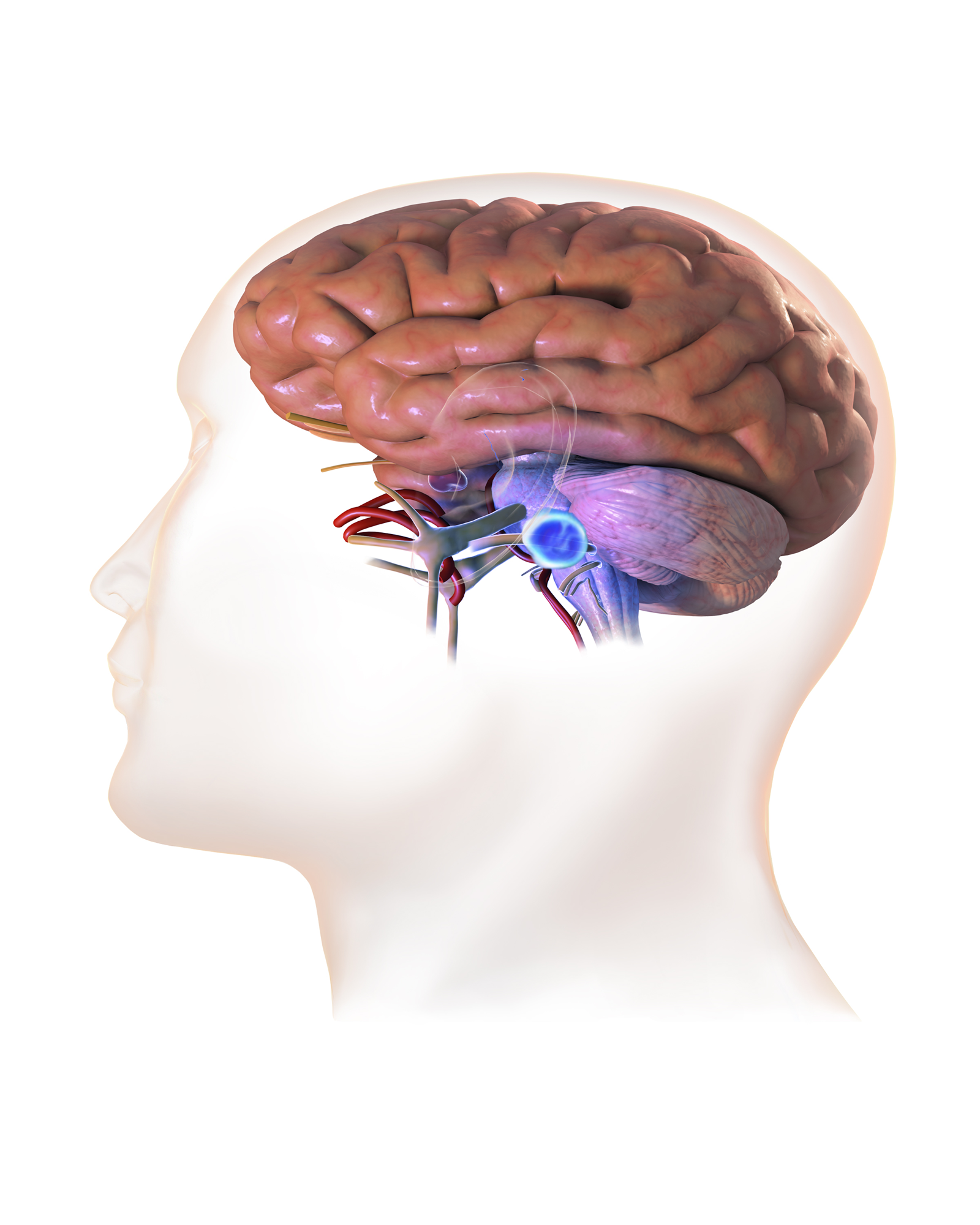
Training your brain: Vestibular rehab for acoustic neuroma
Dizziness, vertigo, and balance problems are common symptoms of vestibular schwannoma, also known as acoustic neuroma. Watch Elizabeth Crawford’s presentation for the Acoustic Neuroma Association of Canada on the role of vestibular physiotherapy in the treatment of vestibular symptoms due to acoustic neuroma.
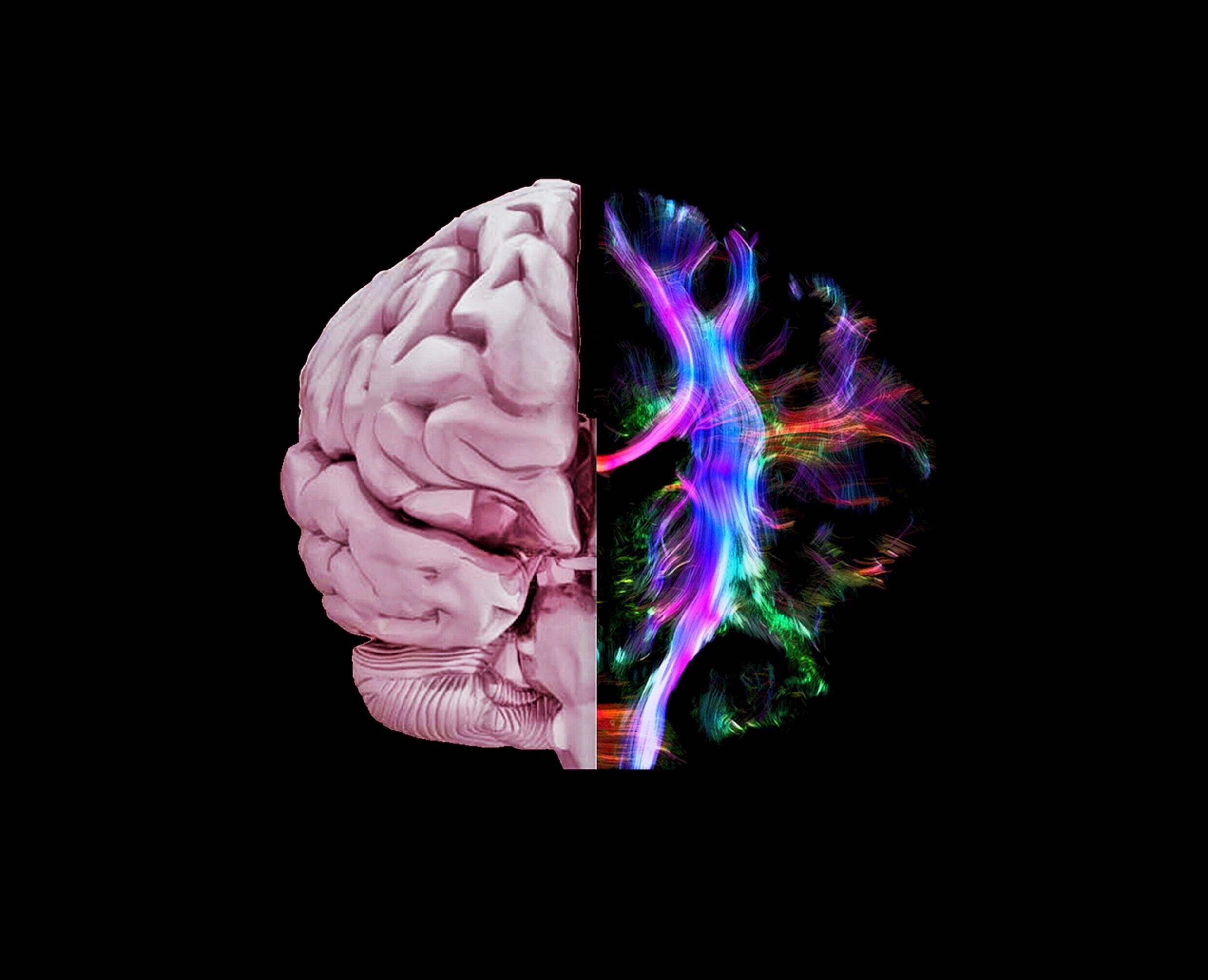
Persistent dizziness & imbalance after concussion / mild traumatic brain injury
Dizziness, vertigo, and balance problems are common symptoms after mild traumatic brain injury. Watch Shaleen Sulway’s presentation for the Canadian Concussion Centre on the role of vestibular physiotherapy in the treatment of persistent dizziness after concussion.

Why we use infrared goggles to assess and treat vertigo
Learn more about why we use infrared video goggles in our comprehensive vestibular evaluations.
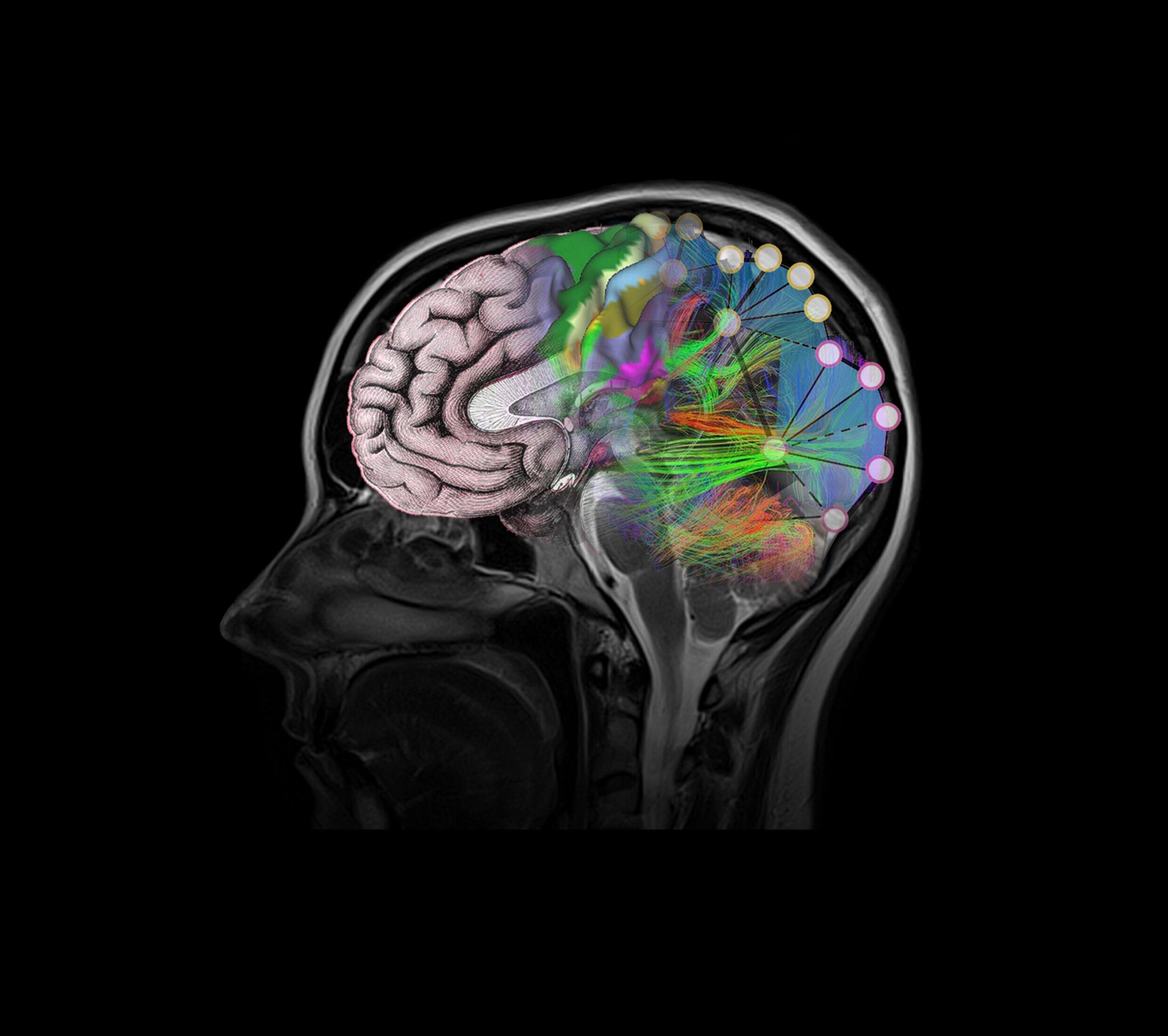
Vestibular rehab for post-concussion dizziness, vertigo, and balance problems
Dizziness, vertigo, and balance problems are common symptoms after head injury. Watch Shaleen Sulway’s presentation from the Concussion Research Symposium on the role of vestibular physiotherapy in treating post-concussion/mTBI symptoms.
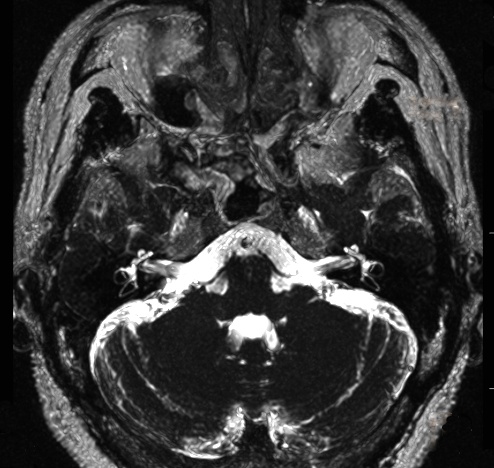
Rare vestibular conditions: Vestibular paroxysmia
Vestibular paroxysmia is a rare inner ear disorder, caused by compression or irritation of the eighth cranial nerve (vestibulocochlear) which is responsible for hearing and balance. Symptoms include frequent spontaneous attacks of vertigo lasting a minute or less.
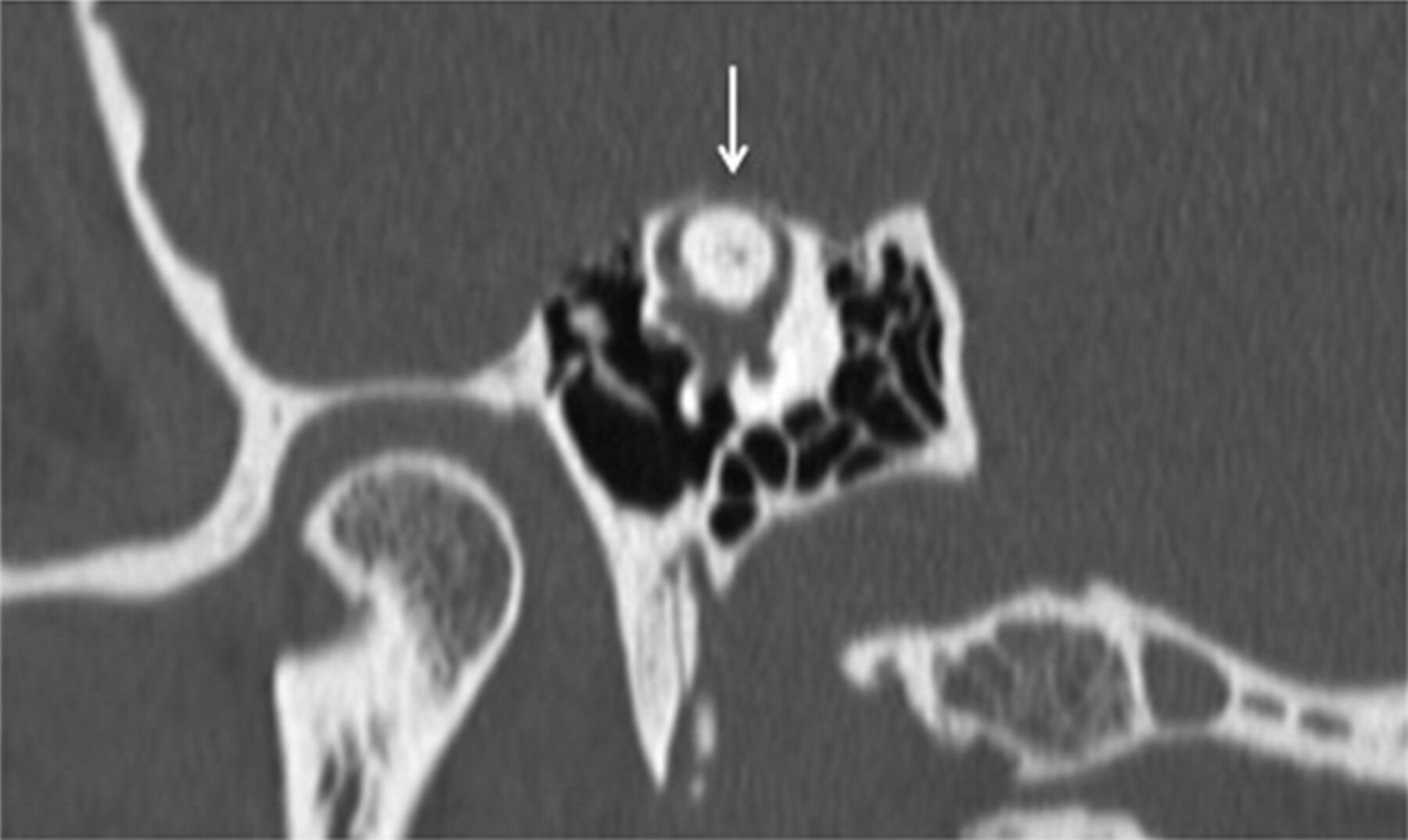
Rare vestibular conditions: Superior semicircular canal dehiscence
Superior semicircular canal dehiscence (SSCD or SCD) is a rare inner ear disorder, caused by thin or absent bone over the superior semicircular canal of the vestibular system. Symptoms can be very disabling and include vertigo triggered by loud sounds or changes in pressure, pulsatile tinnitus, hearing your eyes move, and hearing your own voice and body sounds too loudly.

Falls and the vestibular system
Falls are a leading cause of injury, and people with inner ear problems are at much higher risk. Standard falls prevention programs often overlook the vestibular system, even though vestibular problems are very common in seniors who have fallen. Vestibular rehabilitation physiotherapy provides comprehensive evaluation and effective treatment.
